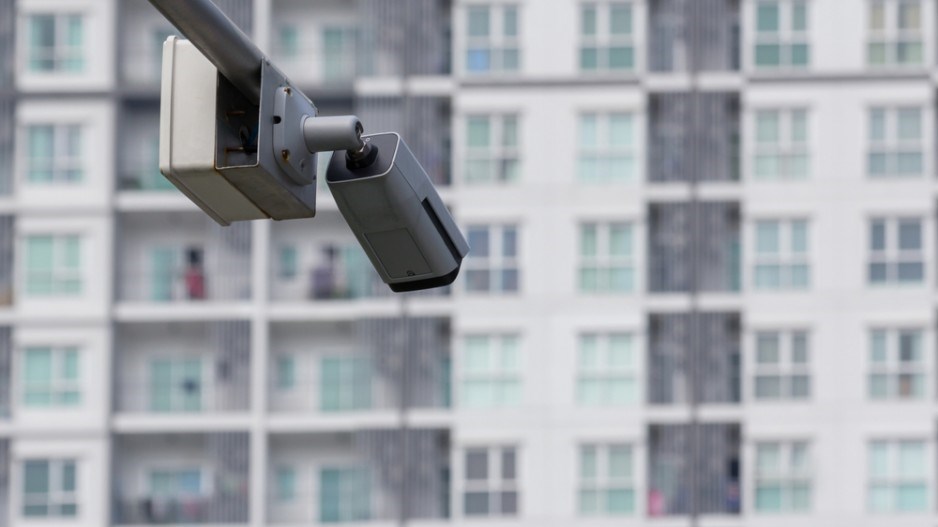B.C.’s strata corporations handle large amounts of people’s personal information “without a clear understanding of applicable laws or the simple steps they can take to comply with them,” B.C.’s information and privacy commissioner says.
Commissioner Michael McEvoy said his office has noticed, since 2014, a significant number of calls, complaints and queries from strata owners, strata council members and visitors to strata buildings related to privacy and access to information rights and obligations under the Personal Information Protection Act.
To tackle that knowledge void, the office has released a podcast dealing with the most pressing issues around the personal information rights of the more than 1.5 million people who live in strata housing in the province.
The is the third in the Office of the Information and Privacy Commissioner’s (OIPC) PrivacyRight educational series, and responds to a clear demand from British Columbians.
“Specifically, people were concerned or wanted to know more about the use of video surveillance by stratas, and disclosure of personal information and management of requests for information and privacy policies, as well as the appropriateness of collection and use of personal information,” McEvoy said. “We’re hoping that this PrivacyRight podcast will answer some of those questions.”
Featured in the podcast are McEvoy, Condominium Homeowners Association Tony Gioventu, Â鶹´«Ã½Ó³»Island Strata Owners Association head Sandy Wagner and two representatives of Cornerstone Properties, a Victoria-based property management firm.
Speakers will discuss strata privacy concerns, such as use and overuse of video surveillance, privacy pitfalls at strata council meetings and warnings for stratas in the social media age.
The podcast also looks at what recourse British Columbians have when they feel their privacy rights have been violated.
The commissioner said strata corporations, owners and strata councils need to remember certain key issues:
• Stratas are private organizations under the Personal Information Protection Act (PIPA) and are legally obligated to have a privacy policy. If yours does not, the OIPC’s PrivacyRight program offers resources to help build one;
• Be proactive in protecting privacy. Make a privacy policy part of your bylaw package. Do not wait until after a breach to take action;
• Surveillance should be used only in cases where options for less-invasive solutions have been exhausted. If surveillance is used, the reasons why and how it will comply with PIPA need to be detailed in a privacy policy;
• The Strata Property Act allows for much broader access to personal information than would be available under PIPA. Limit the types of personal information collected in the first place to limit the potential harm of this broad access;
• Exercise caution when contemplating the use of any social media platform for your strata. Uses are often inappropriate and could violate strata residents’ privacy rights, and;
• Complaints related to violations of PIPA should be directed to the OIPC. Complaints related to the Strata Property Act should be addressed to the Civil Resolution Tribunal. If in doubt, contact the OIPC for direction.
@jhainswo



